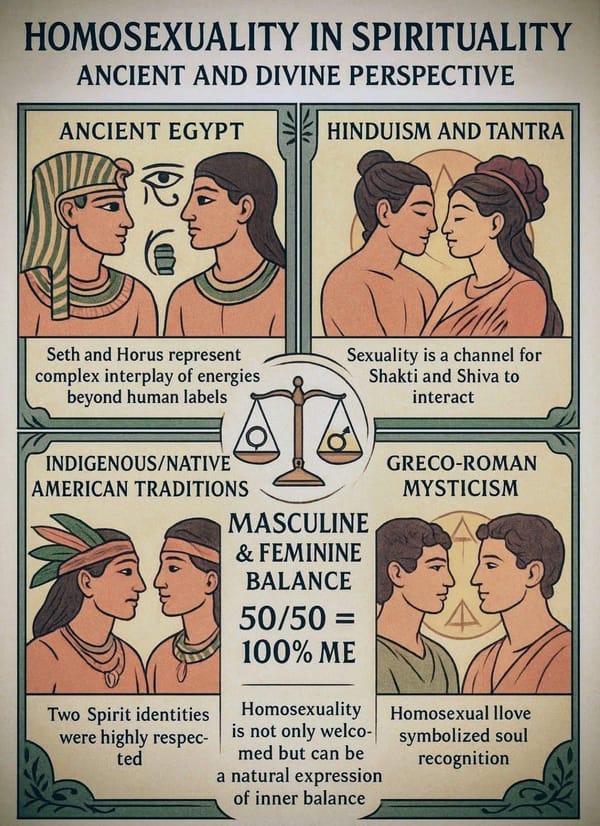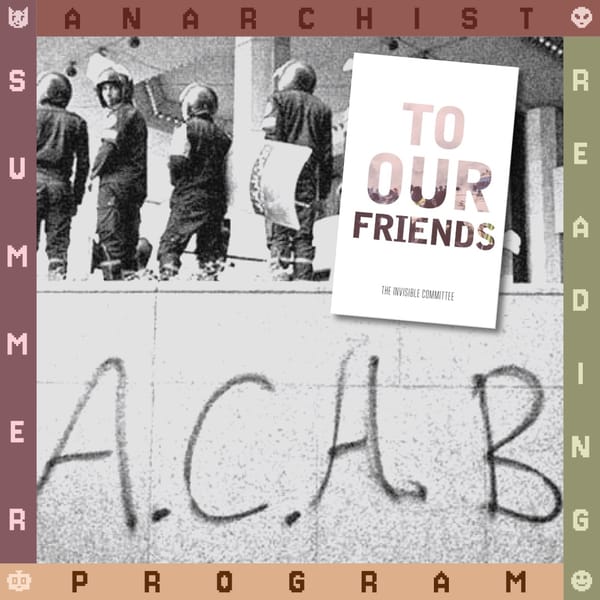When doing queer Christian theology, you sometimes hear people saying that the clobber passages are about temple prostitution, and we never really interrogate what that means. We just assume that that would be bad and maybe even agree.
But actually what they were probably talking about is the cult of Kybele, whose eunuchs were known as the Galli. The phrase “temple prostitution” is a Victorian-era take that is contested by modern scholarship. There is almost no evidence of commercial sex offered as a cultic service in the ancient world.
Kybele is the great mother goddess of the Phrygian people and the idea of feminizing the divine was deeply scandalous to patriarchal cultures, including both Jewish and Roman society. And while the early Christians were much more egalitarian, their writings still display this animosity.
So it seems like when we uncritically repeat the idea of “temple prostitution” we’re actually picking up a queerphobic line of critique. Saying “Paul wasn’t talking about modern gays, only about temple prostitutes” still leaves the Galli (and sex workers, for that matter) coded as immoral.
The Galli are better understood as practitioners of gender bending / gender fluidity as reverence to the transcendent qualities of the divine feminine. A queer-positive reading must go further and ask why genderfluid devotion was deemed unthinkable, and then refuse the premise.
The Galli were not sex workers; they were gender transgressive priests. Male-bodied, self-castrated, wearing jewelry, makeup, and feminine dress, they lived permanently in the liminal zone between genders. Their ritual function was to become the Goddess’s living effigy, not to sell pleasure.
They show up as targets of critique in scripture because they were seen as threatening by patriarchal religious authorities, but that doesn’t mean what they were doing was offensive to God. It just means, like modern queerphobes, Paul was unwilling to sit with and unpack why it made him feel icky.






